OSS Global Partners
OSS Global Partners are united with OSS in our mission to make sport available to everyone - all ages and abilities of people. They are organisations who work in various parts of the world to increase and widen sport participation based on research, analysis and evidence, supporting governments at national and local levels, health, education, business and community organisations and clubs to ensure deep and sustainable benefits to wider society.
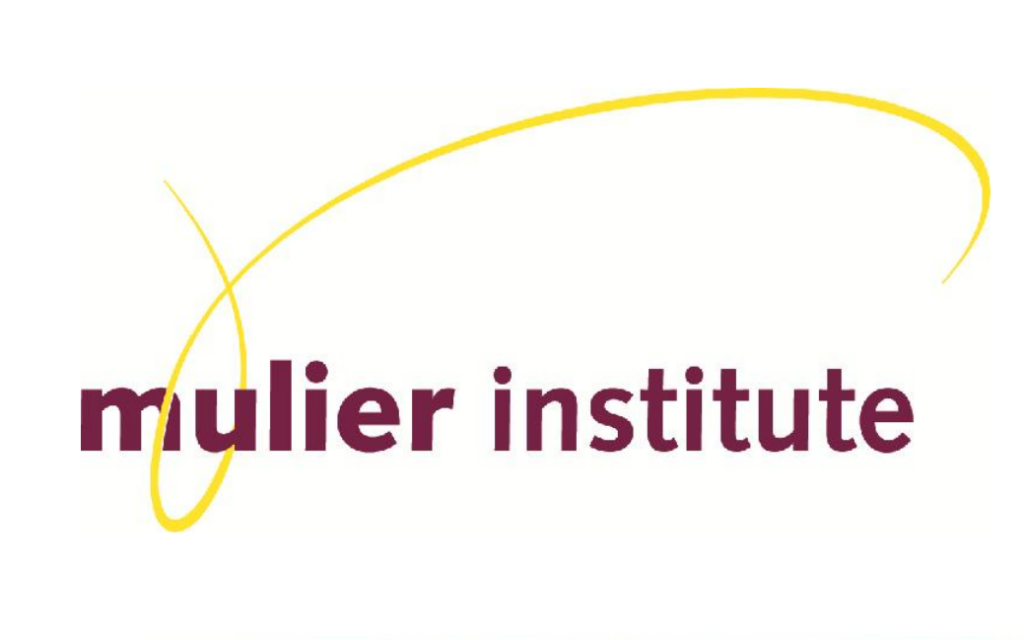
The institute aspires to enhance the quality of sport research and sport policy in the Netherlands. It therefore advocates the appointment of sports professors, and organises conferences and symposiums, such as the annual Sport Research Day (DSO). The Mulier Institute is a prominent member of many national and international research communities, including Measure, EASS and ISSA.
The Mulier Institute has an annual budget of 3 million euros. Half of this budget is funded by an institutional grant from the Dutch Ministry of Health, Welfare and Sport. The other financial means stem from contract research for third parties (municipalities, ministries, sport unions and umbrella organisation) as well as subsidies for scientific research.
The institute has the legal form of a foundation. It is a non-profit organisation. Its daily management is run by Dr Hugo van der Poel and Dr Remco Hoekman. The Mulier Institute employs 40+ staff members, mostly researchers with a background in social sciences. The institute’s offices are located in the Galgenwaard stadium of the premier league football club FC Utrecht.
The institute is named after W.J.H. (Pim) Mulier (1865-1954), the pioneer and patriarch of (organised) sports in the Netherlands. Pim Mulier stood at the basis of the Dutch Football Association and Athletics Union, was involved in the founding of the ISU International Skating Union and helped internationally renowned sport events, such as the Four Day Marches Nijmegen and the Eleven Cities Skating Tours, take their form and shape.
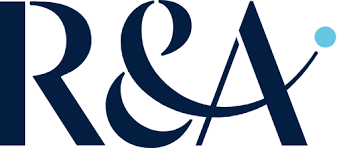
Together, The R&A and the United States Golf Association (USGA) govern the sport of golf worldwide, operating in separate jurisdictions with a commitment to a single code for the Rules of Golf, Rules of Amateur Status, Equipment Standards and the World Handicap System. The R&A, through R&A Rules Ltd, governs the sport worldwide, outside of the United States and Mexico, on behalf of over 41 million golfers in 144 countries and with the consent of 159 organisations from amateur and professional golf.
Based in St Andrews, the home of golf, the R&A seeks to make golf more accessible, appealing and inclusive, and is now working with the OSS and a range of researchers on different projects engaging clubs and communities in Scotland to investigate how this can be done innovatively on a global scale.
Emanating from the rich heritage of The Royal and Ancient Golf Club of St Andrews, formed in 1754, The R&A has evolved to play a global role in the sport, and its unique position and profile within the sport enables it to inspire, influence and engage people all over the world to take up and follow golf.
The R&A group of companies was formed in 2004 to take on The Royal and Ancient Golf Club of St Andrews’ responsibilities for governing the Rules of Golf, staging The Open, golf’s original championship, and developing the sport. The World Golf Museum in St Andrews is part of The R&A group.
In 2017, The R&A merged with the Ladies’ Golf Union (LGU) and now stages the AIG Women’s Open and amateur championships and international matches for women and girls - with Scotland hosting all of The 150th Open, the Senior Open and the Women's Open in the summer of 2022 for the first time.

Recent Team Scotland Commonwealth Games medallists include gymnast Dan Purvis, cyclist Katie Archibald, swimmer Duncan Scott and athlete Eilidh Doyle – all of whom have won Olympic medals. With para-sport events included in the Games since 2002, Scottish medal winners include athlete Libby Clegg and cyclists Neil Fachie and Aileen McGlynn – all also crowned as Paralympic champions.
The list of past Scottish Commonwealth Games champions reads like a ‘who’s who’ of Scotland’s sporting greats, including boxer Dick McTaggart, swimmer David Wilkie, sprinter Allan Wells, distance runner Liz McColgan, shooter Alister Allan and cyclist Chris Hoy. Multiple diving gold medallist Sir Peter Heatly contributed even further by managing Scottish teams and later chairing the Commonwealth Games Federation. Sir Peter was Patron of Commonwealth Games Scotland from 2009 until his death in 2015.
Since 1998, CGS has set rigorous selection standards, which have significantly contributed to raising the standard of performance of the team. Sport specific Selection Policies are set in conjunction with each sport and can be found in the relevant Games section of the website.
Most Commonwealth Games sports and athletes have also benefited from Lottery funding through sportscotland or UK Sport as well as high-performance support services provided by the sportscotland Institute of Sport.
Individual athlete preparation is the responsibility of each athlete, their coach and the Scottish sport governing body. The role of CGS is to prepare all sports on the Commonwealth Games programme to come together to compete as one team – Team Scotland.
Over recent years Team Scotland has benefited greatly from the support of excellent commercial partners and from sportscotland the national agency for sport.
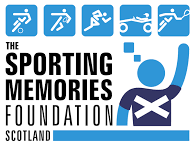
Chris and Tony had an idea of how they could support older people who were facing challenges in later life, be it living with dementia or long-term conditions, depression or simply being isolated and lonely to improve their mental and physical wellbeing through regular sessions reflecting on Sporting Memories.
Since their formation in England, they have grown the network to expand across Scotland and Wales with over 100 clubs running either online or in-person every week.
The OSS is working with the SMF in Scotland to look at how sport activity can improve the health and wellbeing, and quality of life, of participants in SMF clubs.
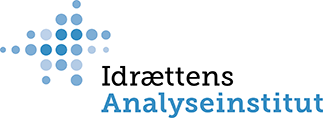

The DCC mission is to provide the platform that brings together the appropriate data and expertise to answer challenge questions targeted at improving the lives of children. They enable and deliver collaborations between academics, private sector and public sector and work across a variety of themes and geographies.
The DCC is currently working with the OSS on its first project investigating levels of sport activity in children in Scotland, and the impact of Covid, and partners Abertay University, Optima Connect and Urban Foresight, to identify and address knowledge gaps in Scotland around data and evidence related to children's activity levels.
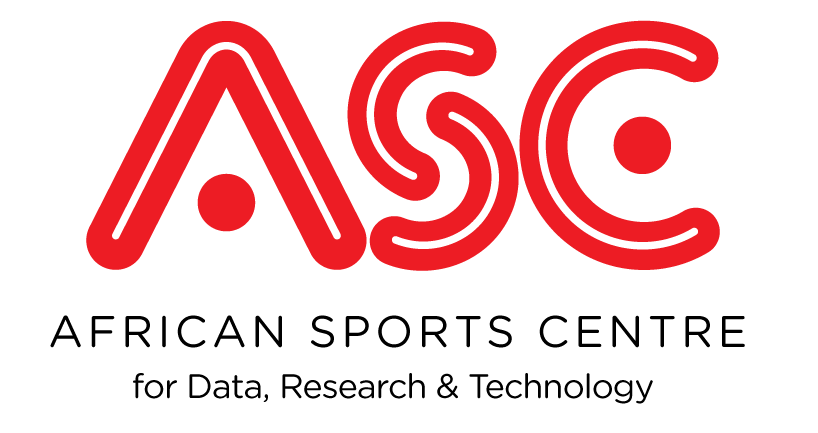
The ASC objectives target four of the UN’s 2030 Sustainable Development Goals (SDGs): (3) Good Health and Well-being, (8) Decent Work and Economic Growth, (9) Industry, Innovation and Infrastructure, and (17) Partnerships for the Goals.
Based in Accra, Ghana, and with a satellite office in Nigeria, ASC is devoted to increasing awareness and utilisation of sports DR&T in Africa and to providing related services, and describes itself as a one-stop centre of excellence for on or off-pitch data collection and management, performance, scouting, betting, health and safety, research, training and advocacy, events (seminars, workshops and conferences), and consultancy.
The ASC coordinate and facilitate public, governmental, non-governmental and private sector initiatives in sports, provide relief for sports teams, and serve the needs of the commercial sector – all aimed at bridging the gap between the continent and the rest of the world and tackling inequalities. Their services are targeted at sports teams, national and regional sports governing bodies and associations, regulatory agencies, NGOs, private businesses/corporate entities, and other sports DR&T companies.
With training and advocacy among our top priorities, the ASC seeks to spread the message of the incredible opportunities available to sports outfits from the utilisation of DR&T, more so in these days of million-dollar brand sponsorships, performance monitoring and analytics, media digitalisation, social media marketing and sports betting. It is our vision that sports teams in Africa, like those in other parts of the world, exploit DR&T for maximum benefits.
The games and industry have moved on from opinions, intuitions and theories to data, research and technology-driven decisions, and, for a long time, Africa has lagged behind. But the narrative is changing and the ASC are proud to lead the charge.
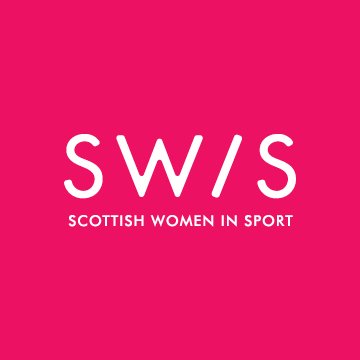
The charity was founded and is led by Maureen McGonigle who has over 25 years’ experience in sports administration, including leading the development of women's football in the SFA for many years. She was spurred on by a report from the Commission on the Future of Women’s Sport which revealed that, between January 2010 and August 2011, women's sport received just 0.5% is the total market sponsorship of sport in the UK, compared to 61% for men's sport and the remaining mixed sport activity.
Maureen is supported by a strong group of like-minded professionals involved in the administration, coaching, broadcasting and promotion of sport, as well as in the wider legal, business and commercial sectors.
Together they have a common goal to increase participation at all levels in sport and and work towards equality for women and girls in sport, through the various medium including the promotion of positive role models, sharing good practice and encouraging more media coverage and increased investment into women and girls in sport.
The SWIS worked with the OSS in 2020-21 to investigate the levels of women in leadership roles in Scottish sport and published a wide-ranging report at the SWIS conference, 2021, and the organisatios continue to support each other in the collation of up-to-date data and evidence around key knowledge gaps and solutions to the gender gap.
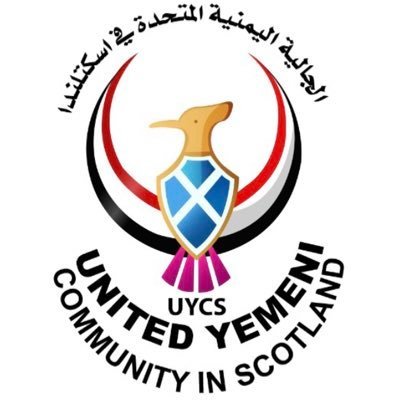
The Observtaory for Sport in Scotland is committed to engaging with people from all backgrounds in Scotland, to understand the barriers to sport activity and how we can use community activity to create a healthier, more inclusive and thriving society. The OSS met with the UYCS squad of footballers for the first time in August, 2022, and pledged to work with them to publicise their growing club, to better research and evidence the challenges refugees and other people from ethnic minority backgrounds face in coming to Scotland, and learn how sport can help people to settle and become part of, and contribute to, Scottish communities.
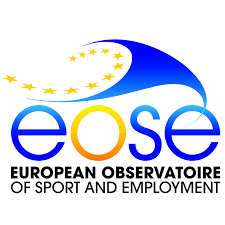
The EOSE Vision for the sector has been defined as such by its members : “A sport and physical activity sector that fulfils its social, health and economic potential in Europe and its member states”
EOSE Vision Statement is: "To be a sustainable, independent, non-profit civil society network and expert association acting as a focus for skills and workforce development in the sport and physical activity sector across Europe".
The Mission of EOSE is: "To facilitate and support the development of the sport and physical activity sector workforce, in bringing education and employment together, to ensure people working and volunteering have the skills and competences to perform and thereby to enable the sector to fulfil its potential”. This mission is highly relevant to a number of EU policy priorities and whilst EOSE is not a lobby organisation it can through its expertise be influential on behalf of the sector and its members at a European level.
EOSE activity responds to the fact that it is becoming more and more important for the sport policy makers, the sport industry and the training providers of each country to have a better understanding of the real needs of the labour market and also changes affecting that market. The end goal of the activities of EOSE in the sector is to unlock the potential of sport and leisure and enhance its contribution to society as a whole while creating the conditions to develop a competent workforce (both paid and unpaid) with the right skills through fit for purpose qualifications and/or course.

During the early years it was a branch of the British Sports Association for the Disabled (BSAD) before becoming independent and a truly Scottish organisation. Mary Urquhart took over as Chairman in 1975, Bob Mitchell was elected Vice Chairman and Richard Brickley assistant to the Hon Secretary Iain Baillie. This formidable team, with background experience in local government and the civil service, transformed the organisation and encouraged the election of several new Executive Committee members. Even stronger links were forged with the Scottish Sports Council and shortly afterwards the Council appointed its first officer with a specific responsibility for sport for disabled people. The Association grew in strength as branches were established across Scotland, in areas where sport for disabled people had become a priority within local authority service provision.
Development Plans shaped the work of SSAD during the 70’s and 80’s and 'Changing With The Times 1 and 2' identified the priorities of the newly established Scottish Disability Sport [SDS] up until 2005. The current strategic plan, 'Inspiring through Inclusion 2021-2029', outlines how SDS will lead the development of sport in Scotland for people of all ages and abilities with a physical, sensory or intellectual disability.
SDS is a pan-disability organisation with charitable status and is recognised by sportscotland as the lead agency in disability sport in Scotland. SDS is a member organisation of the British Paralympic Association and works closely with Scottish Local Authorities and Scottish Governing Bodies of Sport.
The SDS has worked closely with the OSS on research into disability and sport, most recently supporting and providing insight to the 'Disability and Sport' research conducted by OSS with the University of the West of Scotland, and Master's student Gemma Lumsdaine, due to report in August, 2022.
SDS became a company limited by guarantee in 2003 and has been fortunate to attract on to the Board committed volunteers who have an interest in sport and/or disability. At one time SDS was led entirely by volunteers but in order to change with the times and ensure it is fit for purpose SDS has taken on a highly proficient staff team to work in conjunction with its committed volunteers for the benefit of its many athlete members.

The number of people playing sport in Australia is in sharp decline. Athletes struggle to pay for sporting gear or for competition related travel. Grassroots clubs are resorting to using old and tired equipment. While we all love our sport even the most basic of sporting endeavours requires funds. Unfortunately despite our love, sport is severely underfunded with many people struggling to afford the cost of play. The Australian Sports Foundation has been helping athletes, sporting clubs and organisations fundraise for more than 30 years. To further address the funding shortfall the Sports Foundation has successfully gained charitable status to enable private and public ancillary funds to invest in a sporting future where everyone can play.
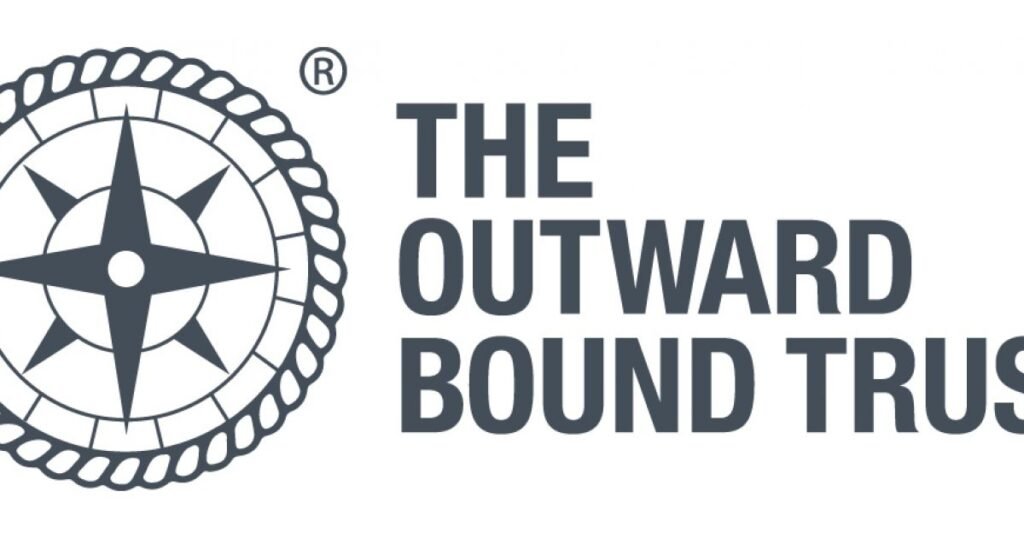
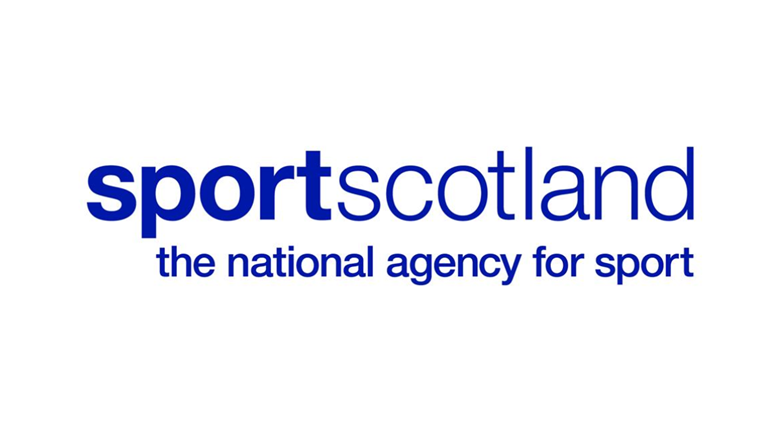
Sportscotland state: "In an active Scotland we will all find ways to be physically active every day, keeping moving at home and at work, taking an active approach to getting around and choosing to be active in our leisure time. More of us will take part in sport because we see it being relevant to our lives. Being involved in ways that suit us. Meeting fewer barriers. Feeling more included. We will all experience more of the benefits of sport. For some of us, by taking part. For others, through our communities.
"To help us deliver the many benefits of sport to everyone in Scotland, we’re guided by six key principles:
Inclusive: We understand the barriers people face and proactively address them so everyone has the opportunity to get involved in sport and physical activity.
Accountable: We plan well, we measure our performance and we are accountable for delivering outcomes.
Responsive: We adapt what we do based on how we’re doing and what’s happening around us.
Person-centred: We listen to people and put their voices at the heart of our thinking.
Collaborative: We develop and strengthen partnerships and collaborations across the public, voluntary and private sectors.
World class: We do everything to the highest possible standard, while seeking to continuously improve."


